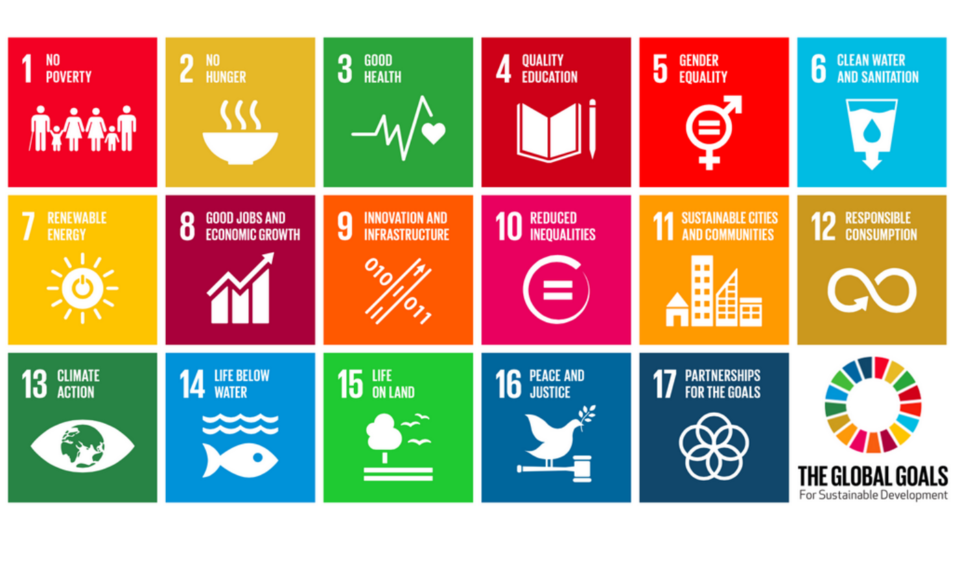What’s the difference between ethical and impact investing? When investors first become aware of impact investing, they wonder if it is the same as ethical or socially responsible investing (SRI).
So what is the difference?
Ethical investing typically focuses on excluding controversial sectors, for example tobacco and firearms. By contrast, SRI selects companies for positive environmental, social and governance (ESG) performance, relative to industry peers, irrespective of the impact of the product or services.
Impact investing, on the other hand, offers what I believe to be a more dynamic approach to investing, in this rapidly growing area by going a step further. This type of investing aims to solve social and environmental challenges, by selecting companies which through their products, services and business practices, create a positive impact. It is this positive element and of course the financial return that attracts investors.
Identifying investments that can make an impact
With more investors thinking about how their decisions affect society – The United Nations’ Sustainable Development Goals (SDGs) provide a good road map for identifying investments that could make an impact.
The SDG’s adopted by its 193 member states in September 2015, contain specific targets to address issues like poverty, clean water, energy, gender inequality, health and education by 2030, as shown below. The opportunities for companies that can help address them are huge.


Detecting pesticides in our food (Sustainable Development Goal 12: Responsible consumption)
Pesticides are substances intended to prevent or destroy pests and used to protect food from bacteria, weeds, mould, insects and rodents. Since the Second World War, a fast growing population combined with limited arable land, pushed governments and industry to promote the usage of synthetic pesticides to increase yields. Meanwhile there is growing scientific evidence that some synthetic pesticides are harmful to humans, increasing the risk of attention deficit disorder, autism, and other health problems. Authorities around the world have yet to develop a common approach to pesticide regulation, and face intense lobbying by the chemicals industry.
As a result, with food supply chains becoming more and more globalised, it is increasingly difficult for the food industry to assess the level of pesticides within their products. A recent study showed that food often contains multiple pesticide residues, which makes the task of assessing overall toxicity even more difficult.

Solution: Developing technologies to improve food safety testing
Agilent Technologies is a company that leads the world in detecting pesticide contamination in our food. Confronted by a huge increase in the number of contaminants, the company has developed technologies used for high-throughput food safety testing that can be used across the food supply chain.
A case study in point is Amitraz, an insecticide used to protect honeybee colonies against Varroa mites. Amitraz is now illegal in the EU, but as its molecules are highly unstable this makes it difficult to detect. As a result beekeepers were still using it to protect honeybee colonies, despite the ban. However, use of Agilent’s testing equipment has now made it possible for the EU’s reference laboratories to consistently detect the pesticide in honey. As a result, the use of Amitraz in the beekeeping industry has significantly decreased.
If you want ot find out more about specific investments made by the funds within the EQ Positive Impact Portfolios, take a look at our quartely updates: https://eqinvestors.co.uk/blog/eq-positive-impact-portfolios-spring-2017-update/
(This is a sponsored guest column written by impact investing experts, EQ Investors. E Q Investors are members of our monthly programme for sustainable brands. They contribute a monthly fee to help support this emerging, ethical magazine).
Damien Lardoux, Portfolio Manager
EQ Investors






